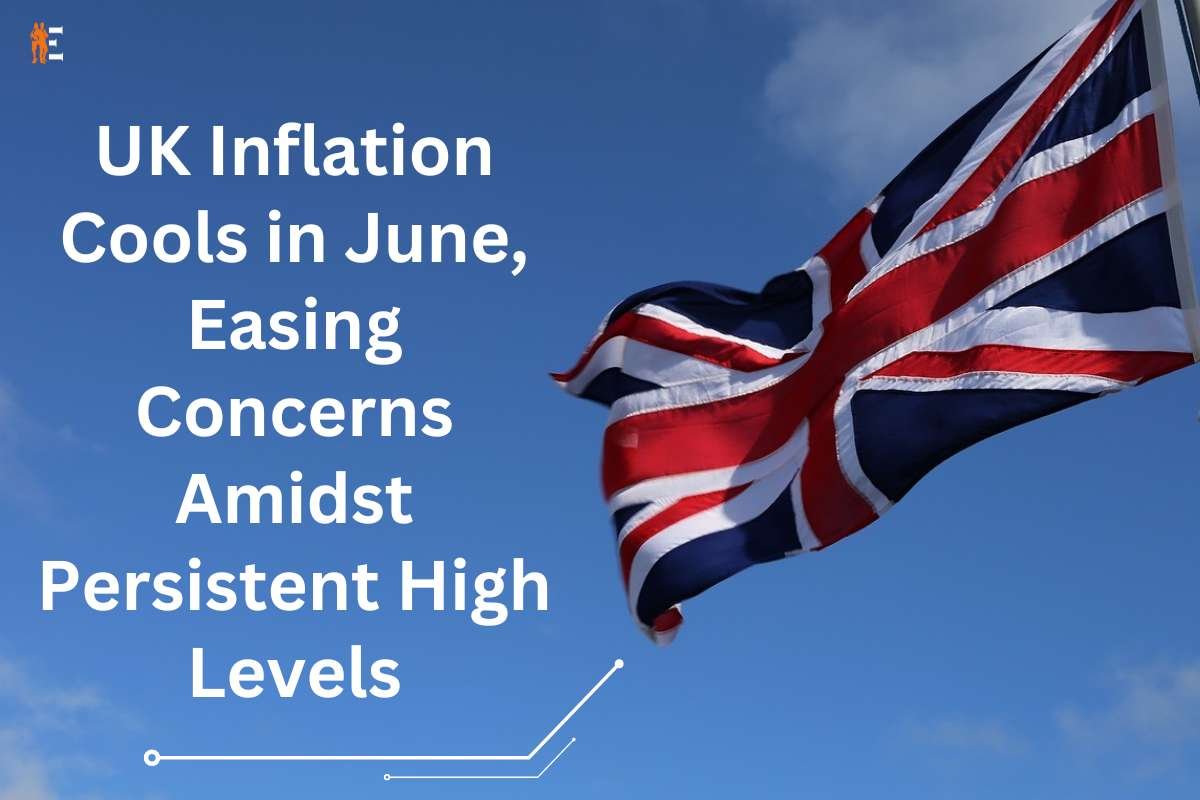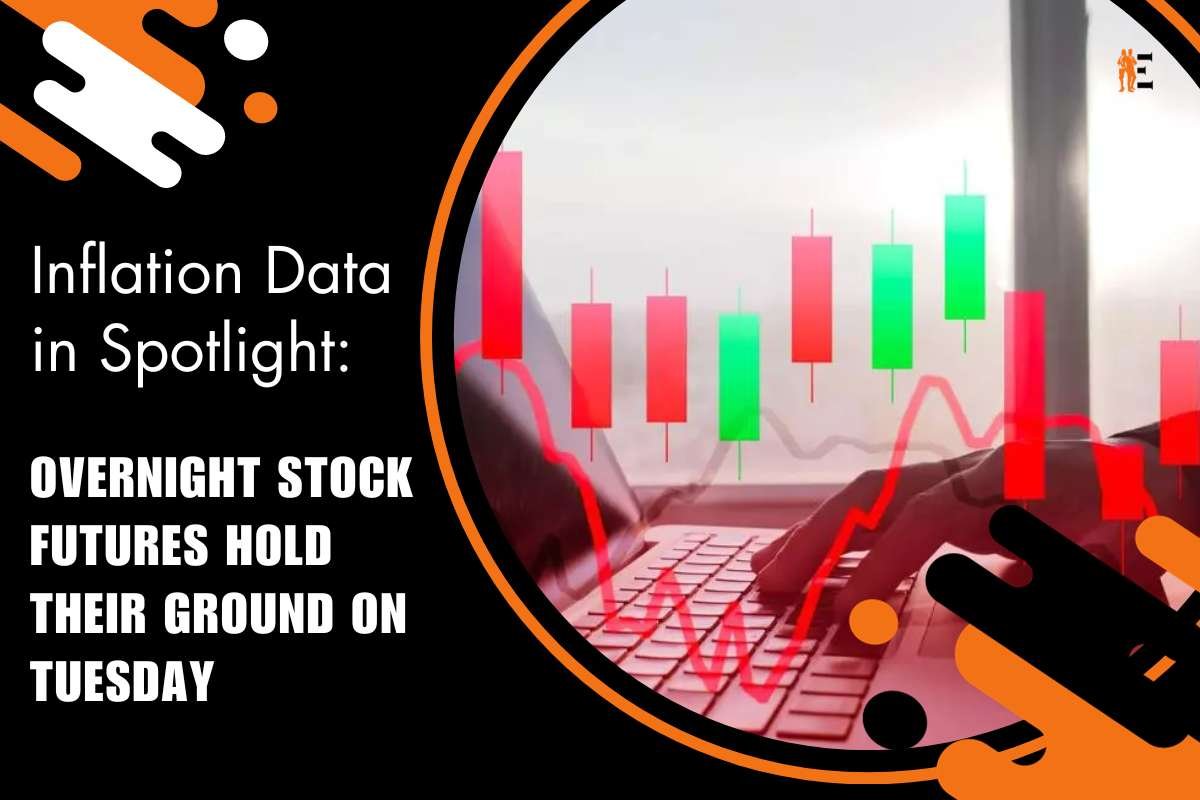UK inflation experienced a significant cooling in June, surprising economists as it fell below consensus expectations at an annual rate of 7.9%. Analysts polled by Reuters had projected an annual rise of 8.2% in the consumer price index (CPI), following May’s unexpected reading of 8.7%. However, despite the slowdown, annualized price increases continue to remain well above the Bank of England’s target of 2%.
Impact on CPI
On a monthly basis, the headline CPI rose by 0.1%, falling short of the consensus forecast of 0.4%. Core inflation, which excludes volatile components such as energy, food, alcohol, and tobacco prices, remained stubbornly high at an annualized rate of 6.9%. However, it did decrease from the 31-year high of 7.1% recorded in May.
The Office for National Statistics attributed the decline in the monthly change of the CPI annual rate to falling motor fuel prices. Meanwhile, food prices in June rose, albeit at a slower pace compared to the same period last year. The ONS stated that there were no significant upward contributions offsetting the rate change.
UK inflation falls but is still among the highest of major economies
Decline in Pound
The release of this data prompted a decline in the value of the pound, which slid 0.8% against the dollar shortly after the announcement. Sterling was hovering just above $1.29 as of 7:20 a.m. London time.
The UK inflation persistently high has raised concerns among both the government and the Bank of England, who have warned that it could become entrenched in the economy. A cost-of-living crisis and a tight labor market have fueled wage price increases, adding to the inflationary pressures.
Combating the Inflation
Last month, the Organization for Economic Cooperation and Development (OECD) projected that the UK would experience the highest level of inflation among all advanced economies this year, with a headline annual rate of 6.9%.
To combat rising UK inflation, the Bank of England implemented a substantial 50-basis-point interest rate hike last month, marking its 13th consecutive increase. However, the Monetary Policy Committee continues to struggle in curbing demand and reining in inflation.
What The Future Holds?
Looking ahead, markets are pricing in another half-point hike to 5.5% at the MPC’s August meeting. However, experts believe that the current decline in UK inflation is unlikely to offer significant relief to struggling households and businesses due to the persistently high core inflation and food costs.
Suren Thiru, the economics director at the Institute of Chartered Accountants in England and Wales, suggested that June’s decline in inflation should be followed by a substantial fall in July, as lower energy bills are expected to pull the headline rate below 7%. Thiru also warned of a notably weaker economy and higher unemployment resulting from the tightening monetary policy and tax increases.
Marcus Brookes, chief investment officer at Quilter Investors, viewed the decline in CPI as a “glimmer of light” but raised concerns about the UK inflation being an outlier in terms of inflation among major economies. He noted that cracks are appearing in the economy, and as mortgage holders are exposed to current rates, it is likely to be adversely affected.
Brookes suggested that a potential recession next year might be necessary to bring inflation back to target. He advised investors to seek shelter in quality companies capable of navigating the challenging environment and consider UK fixed-income investments, such as gilts, which currently offer attractive prices in anticipation of a potentially difficult economic period.











